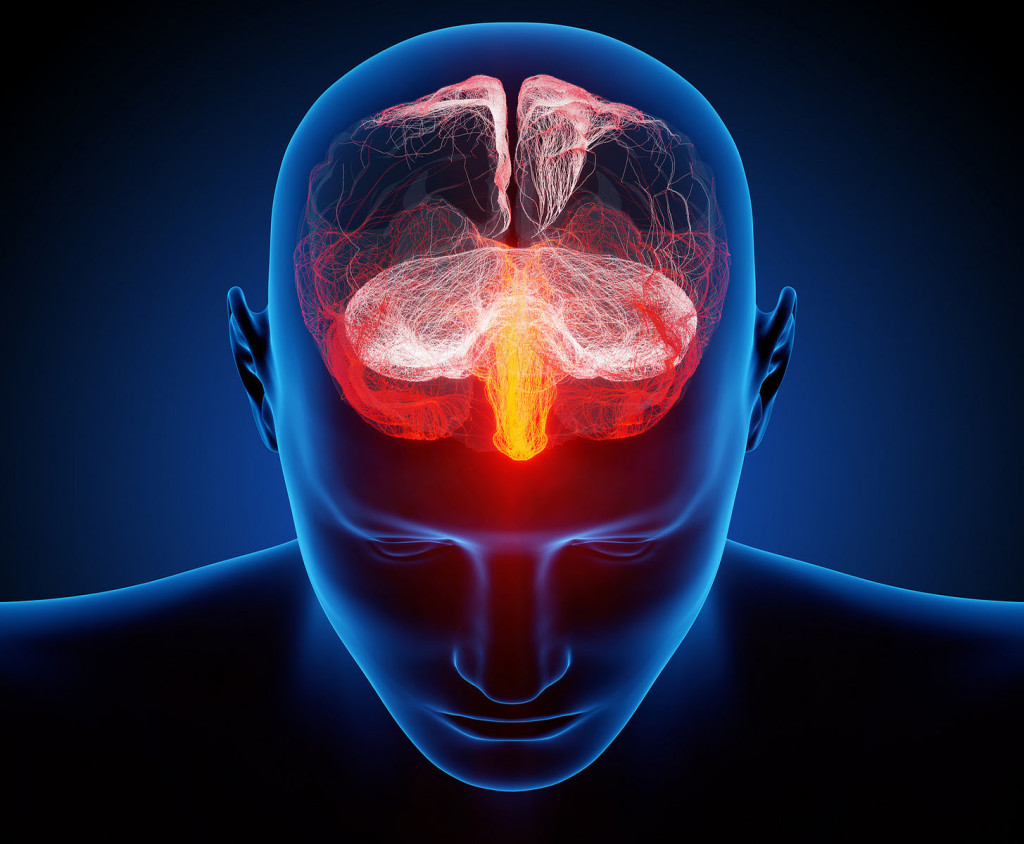
Credit: Ars Electronica/Flickr
Everyone forgets things some of the time. You walk into a room and entirely forget why you decided to enter. You are mid-conversation and suddenly space-out what was just said.
Although odd and sometimes embarassing, short-term memory loss below a certain threshold doesn’t mean anything at all. However, if you are having significant, unexpected and unexplained trouble remembering things that just happened, it could be a symptom of a greater problem.
The brain is the seat of memory. Short-term memory losses usually occur when the brain or nervous system changes in some way. Here are the most common and important causes of short-term memory loss, a.k.a “anterograde amnesia,” in no particular order.
1. Drugs
Drugs are one of the most common causes of short-term memory losss. Numerous legal drugs, including medications and over-the-counter treatments, affect short-term memory. This is true of:
- Most pain and sleep medications
- Muscle relaxers and tranquilizers
- General anesthesia
- Some antidepressants
- Anti-anxiety medications (benzodiazepines)
- Blood pressure and cholesterol medicines
- Anti-seizure drugs
- Antihistamines
- Chemotherapy drugs
The most notorious non-medical memory-killers are alcohol and tobacco. Heavy drinkers and smokers often experience serious short-term memory loss. Marijuana can cause you to forget what you were just thinking or saying. A variety of illicit drugs have been implicated in short-term memory loss, too, like ecstasy and psilocybin mushrooms.
2. Radiation
Radiation can affect short-term memory, especially irradiation of the brain. In whole-brain radiotherapy used as a cancer treatment, there is a significant chance patients will experience some decline in memory skills. This has to do with brain swelling and the death of brain tissue. Victims of the U.S. atomic bomb attacks on the Japanese cities of Hiroshima and Nagasaki in 1945 experienced short-term memory losses due to acute exposure to ionizing radiation.
3. Electrocution
Electrical injuries can cause short-term memory loss. According to the University of Montréal, the symptoms that follow a bad shock are similar to those after cranial trauma. Seizures, which discharge electricity through the brain, demonstrate how shocks impact memory. Seizures interfere with basic attentional processes enabling the registration of new short-term memories. Similarly, electroconvulsive therapy, or ECT, may cause short-term amnesia.
4. Acute Injury or Illness
Acute injuries or sudden illness can disturb memory, particularly when they affect the brain, as with concussions. Even mild brain injuries can interfere with short-term memory. Acute illnesses are a problem, too. We can see this effect in migraines, strokes, and certain bacterial infections and viruses.
5. Disease or Disorders
Numerous physical diseases and mental disorders are implicated in short-term memory loss. This is especially true of neurodegenerative brain disorders, like Huntington’s, Parkinson’s, and Alzheimer’s disease. Among psychological disorders, bipolar disorder, schizophrenia, and dissociative impairments can upset short-term recall.
You might see short-term memory loss with various cancers, hormonal deficiencies, and thyroid dysfunction. Doctors have noted that deficiencies in the key nutrients Vitamins B1 and B12 can cause recollection issues. Conversely, getting too much calcium can cause the problem, as well.
6. Stress
Today, scientists recognize stress as one of the most significant causes of short-term memory loss. Although routine stress is practically universal for most people, the kind and quantity of stress matters. In general, the more chronic the stress, the greater the harm done. Severe emotional stress can also handicap memory. Studies show that Alzheimer’s patients with short-term memory loss have endured more highly emotionally stressful life events.
7. Deprivation
Deprivation can rob the brain of its anterograde resilience. In particular, sleep deprivation and prolonged hypoglycemia can cause dramatic changes in one’s attention span and ability to recall recent events. People with insomnia and low blood sugar issues know these effects well. Additionally, anything that deprives the brain of oxygen can impact short-term memory. This can be seen in cases of sleep apnea and vertebrobasilar circulatory disorders.
8. Age
Ordinary aging, even in the absence of any disease, is associated with some short-term memory loss. It’s quite normal in moderation. However, age-related memory loss is not inevitable. The brain can grow new cells and neural connections at any age. A lifetime of best practices – including a healthy and balanced diet, regular exercise, and avoidance of exposure to toxins such as lead – will help your brain stand the test of time.
9. Too Little Activity
Lack of exercise can result in a brain more prone to short-term memory loss. Scientists have found that individuals affected by infections that impair memory are able to ward off symptoms when they remain physically active.
10. Too Much Activity
On the other hand, the body and mind also need rest between bouts of activity. Research suggests that people who surf the Internet for long periods of time without breaks are more likely to experience short-term memory loss. This is especially true when it comes to the “information overload” characteristic of social media networks like Facebook and Twitter.